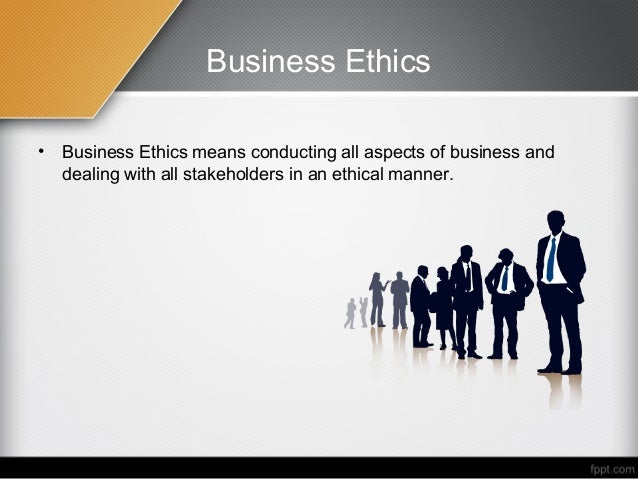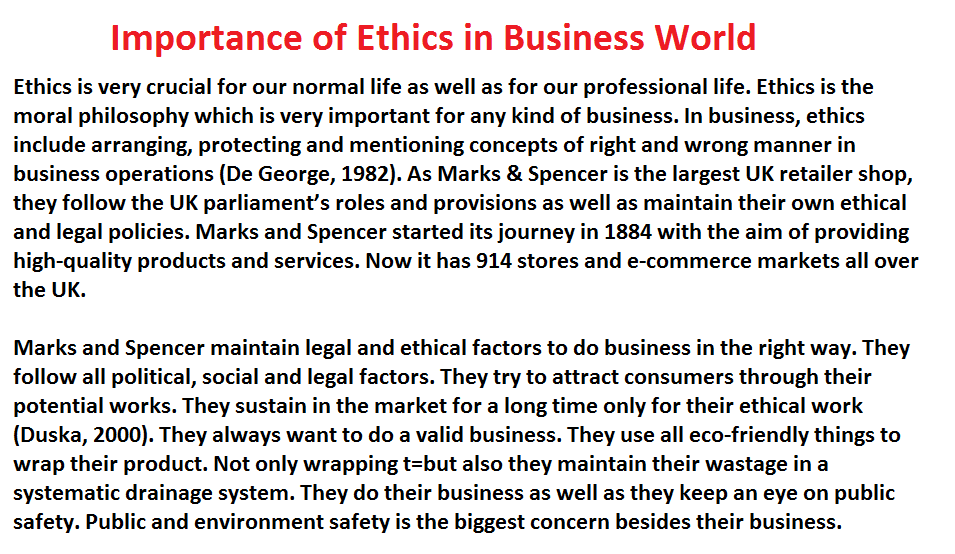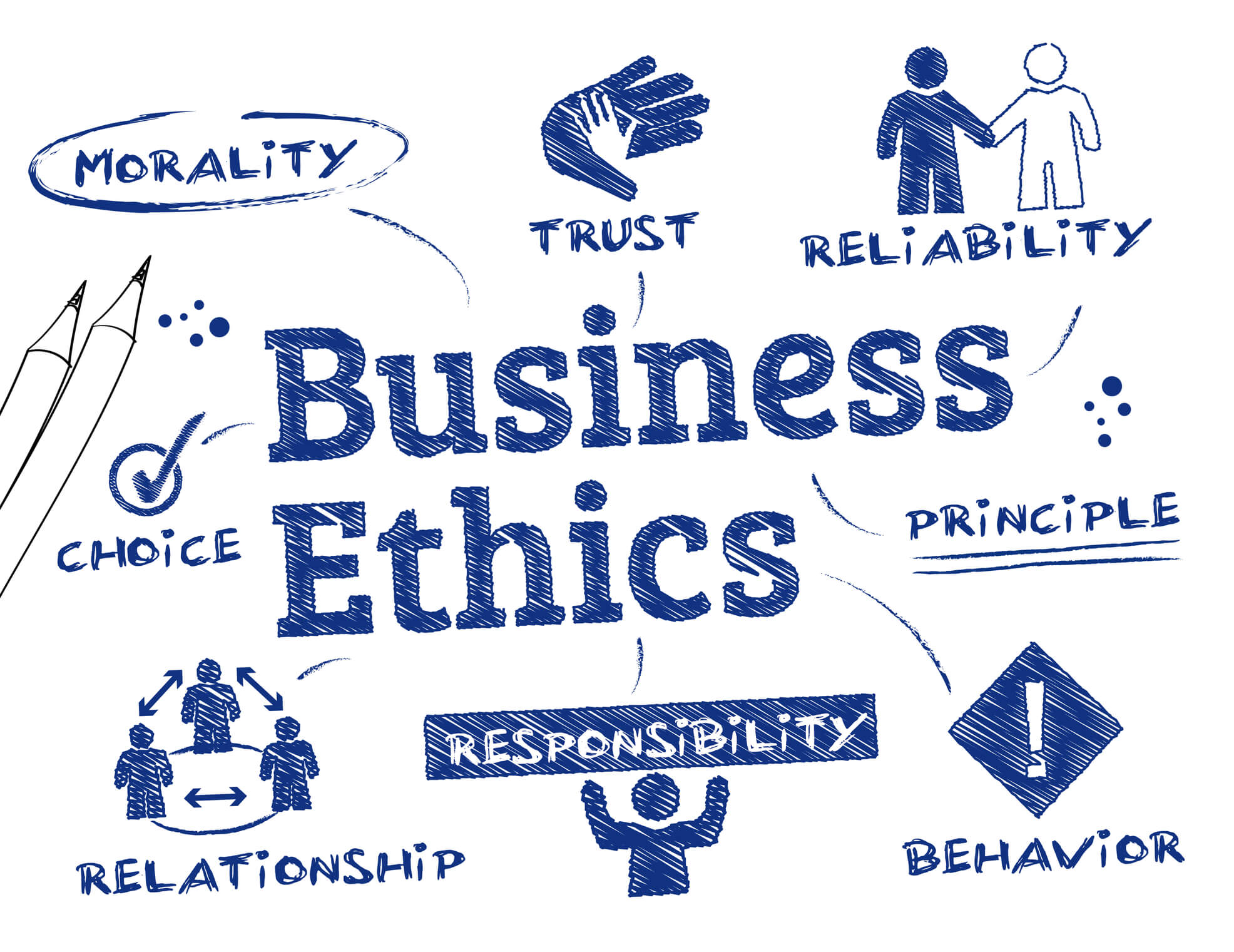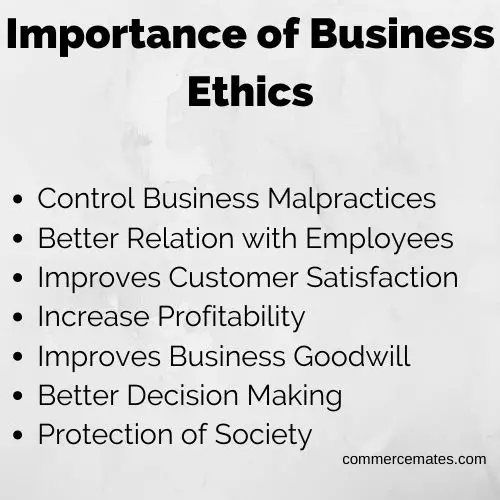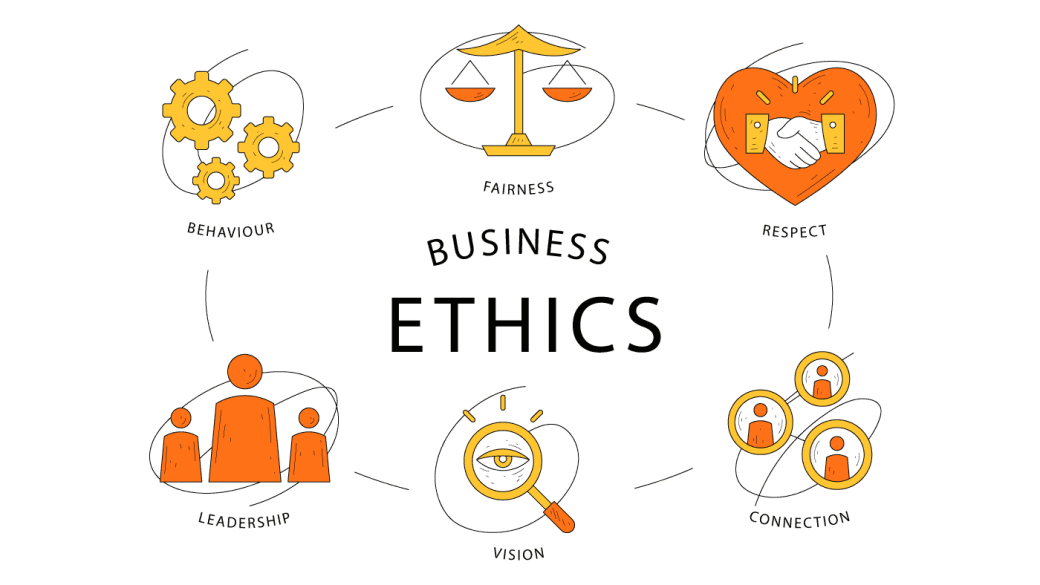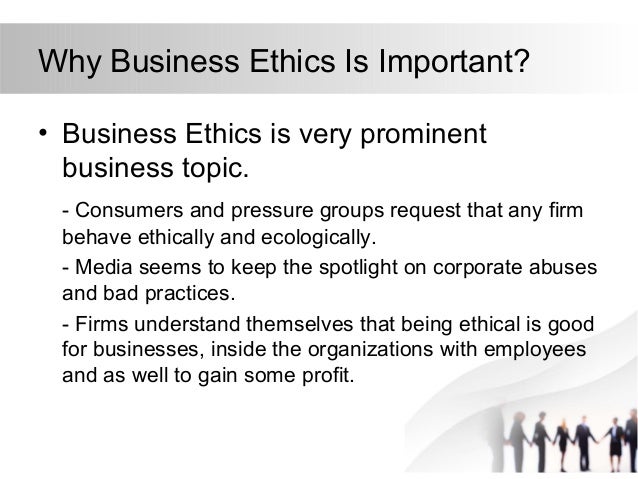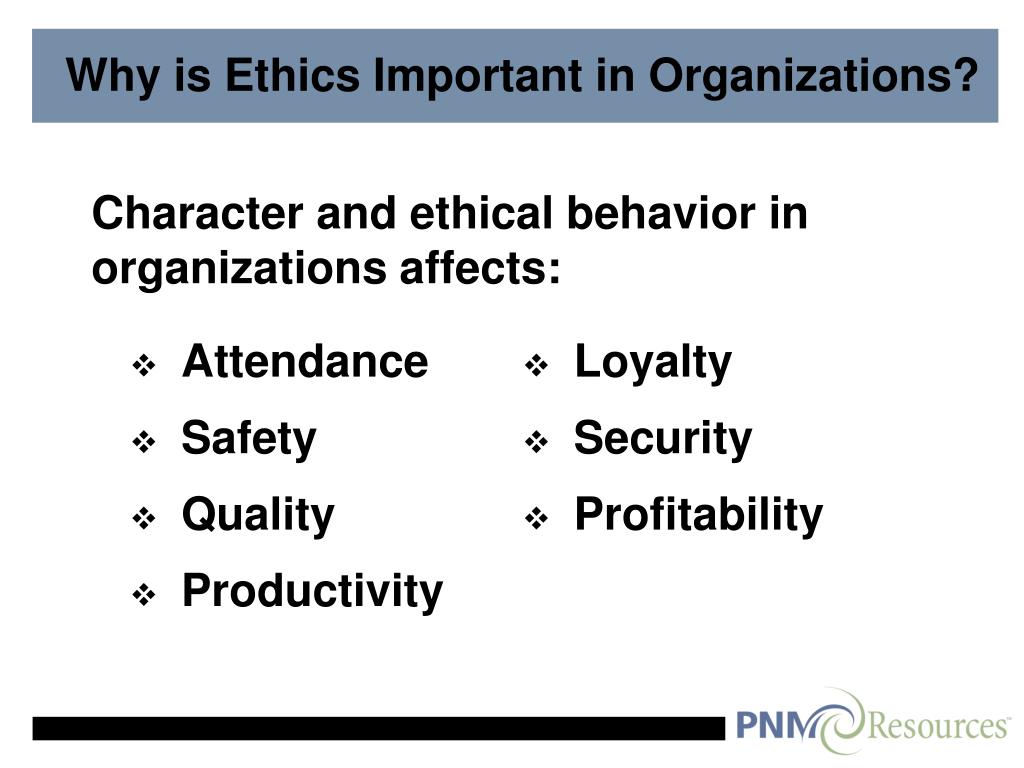Why Is Being Ethical Important In Business
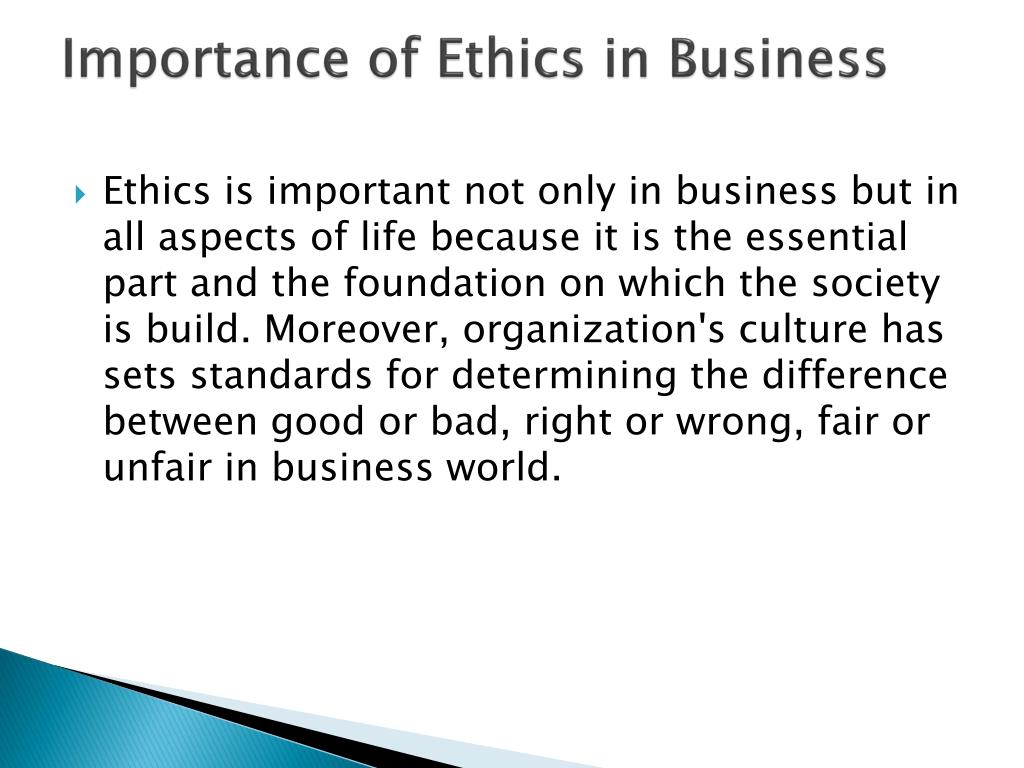
Imagine a bustling marketplace. Vendors hawk their wares, customers haggle for the best prices, and trust is the invisible thread connecting every transaction. But what happens when that thread frays, when someone cuts corners, misleads a customer, or prioritizes profit above all else? The marketplace becomes chaotic, and ultimately, unsustainable.
At its heart, ethical conduct in business is more than just a set of rules. It's the bedrock upon which sustainable success, positive relationships, and a strong reputation are built. Failing to uphold ethical standards can lead to devastating consequences, eroding public trust, damaging the brand, and ultimately jeopardizing the entire organization.
The Foundation of Trust and Reputation
In the long run, businesses that prioritize ethical practices thrive. Customers are more likely to support companies they trust, and employees are more likely to be engaged and productive when they believe in the organization's values.
According to a 2023 Edelman Trust Barometer report, 83% of consumers worldwide say that trust in a brand is a deciding factor in their purchase decisions. This statistic underscores the critical importance of building and maintaining a strong ethical reputation.
Furthermore, strong ethical practices attract and retain talent. Employees are drawn to organizations with a strong moral compass, leading to lower turnover rates and higher employee satisfaction.
The Ripple Effect of Unethical Behavior
The consequences of unethical behavior extend far beyond financial losses. When a company is caught engaging in unethical practices, the fallout can be swift and severe.
Consider the case of Enron, whose accounting scandals in the early 2000s led to its collapse and the loss of thousands of jobs. This is a clear example of how unethical business practices, even if initially profitable, lead to significant losses.
Beyond financial repercussions, unethical behavior can damage a company's brand image, alienate customers, and erode investor confidence. In today's interconnected world, news of unethical behavior spreads quickly via social media and online reviews, making it even more difficult to repair the damage.
Beyond Compliance: A Proactive Approach
Simply complying with the law is not enough. Ethical business practices involve a proactive commitment to doing what is right, even when it is not legally required.
A proactive ethical approach involves establishing a clear code of conduct, providing ethics training to employees, and creating a culture where ethical concerns can be raised without fear of reprisal.
Companies like Patagonia, with their commitment to environmental sustainability, demonstrate that ethical practices can be a powerful competitive advantage. This attracts customers, employees, and investors who share their values.
Ethical Leadership: Setting the Tone at the Top
Ethical behavior starts at the top. Leaders must set a clear example of ethical conduct, demonstrating through their actions that integrity is a core value.
Ethical leadership involves making difficult decisions with transparency, fairness, and accountability. When leaders prioritize ethical behavior, it sends a message to the entire organization that ethical conduct is expected and rewarded.
By fostering a culture of ethical leadership, organizations can create a virtuous cycle where ethical behavior becomes the norm.
A Call to Integrity
In today's complex and competitive business landscape, the importance of ethical conduct cannot be overstated. It is not simply a matter of compliance or risk management; it is a fundamental requirement for long-term success and sustainability.
By embracing ethical practices, businesses can build trust with customers, attract and retain top talent, and create a positive impact on society. Let's strive to create a business world where integrity is the guiding principle, and where success is measured not only by profit, but also by the positive impact we have on the world around us.
